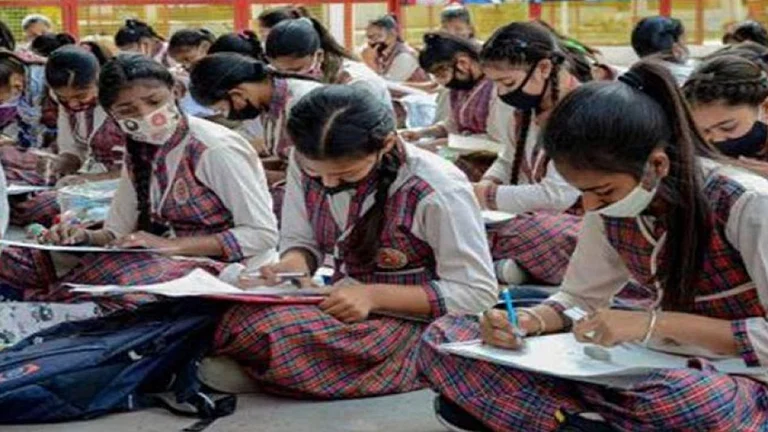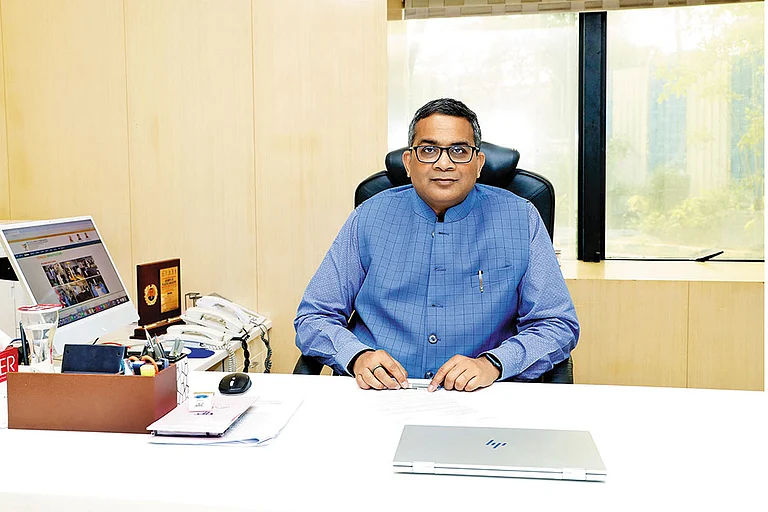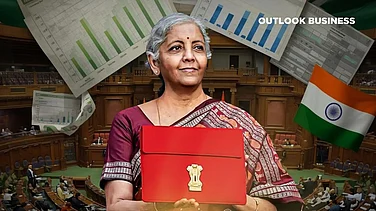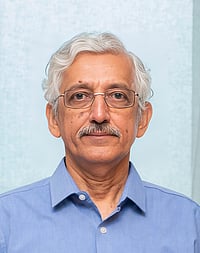With the Union Budget 2025 set to be presented on February 1, experts are increasingly hopeful for greater allocations for higher education and research and development (R&D), and a stronger focus on skilling that meets industry demands and inculcates emerging technologies.
The budget for the department of higher education has remained stagnant over a decade. In the last Budget, the allocation for University Grants Commission (UGC) was slashed by more than 60%. Indian Institutes of Technology (IITs) and Indian Institutes of Management (IIMs) also witnessed a slight dip in their allocation.
The total allocation to the education ministry was significantly below the recommendation of the National Education Policy (NEP) which envisaged it to be 6% of GDP. Prateek Bedi, assistant professor at International Management Institute (IMI) New Delhi, said, “The government should prioritise increasing the education budget to the recommended level to ensure sustainable growth. The focus should shift from privatisation to strengthening public education infrastructure, particularly in rural and underserved areas, ensuring equitable access to education.”
Also Read: Bridging The Gap
Research and Development
The expenditure on R&D as a share of gross domestic product (GDP) has declined in the past few years. Although absolute spending has increased, India currently spends just about 0.65% on R&D as a share of GDP while the global average is about 1.8%.
This too, professors believe, is skewed towards natural sciences and STEM research. Devasheesh Mathur, assistant professor at IMI New Delhi, said, “We need to invest manifolds in indigenous research that includes social sciences and humanities.”
For a long time now, it has been the older IITs and Indian Institute of Science which figure in global rankings. Mathur said, “If we want a greater number of such higher education institutions as citadels of knowledge creation and dissemination, we need to invest more in creating a high-quality research culture.” He also emphasised on the need of developing a research culture that creates deep linkages between industry, academia and government.
Apart from this, there is also a call for international collaborations and an increased support for students studying abroad. Anand Achari, Principal, VES College of Architecture, said, “We are hopeful that the Budget will include policies to encourage international collaborations, which will enhance the global competitiveness of Indian education and attract more international students.”
VN Rajasekharan Pillai, Vice-Chancellor, Somaiya Vidyavihar University, Mumbai, said, “Support for internationalisation, including subsidies for Indian students studying abroad, is expected to promote global exposure.”
Inclusivity and Sustainability
Skilling programmes and professional education must reach the rural areas which are still lagging behind. Achari believes the focus should also be on enhancing digital infrastructure in rural areas where over half the population still lacks internet access. “This gap is limiting the reach and potential of online education,” he said.
The Budget must prioritise initiatives that ensure quality standards of online education. Rohit Gupta, co-founder of College Vidya said, "We anticipate that the Budget will address the need for standardised quality assessment frameworks for online education programmes.”
These programmes must also align more effectively with industry needs to reduce unemployment, said Bedi of IMI.
With the climate change causing extreme weather events across the world, the Budget is expected to incorporate sustainability in education sector as well. Rohan Dutta, associate professor, Anant School for Climate Action expects an increased budgetary allocation to incorporate climate literacy at all levels of education. “This must include curriculum redesigns focused on sustainability, renewable energy, conservation and practical skill-building programmes for green jobs,” he said.
Investment in teacher training, digital resources and industry collaboration can enhance the reach and effectiveness of climate education, especially in rural and underserved areas, Dutta added.
































